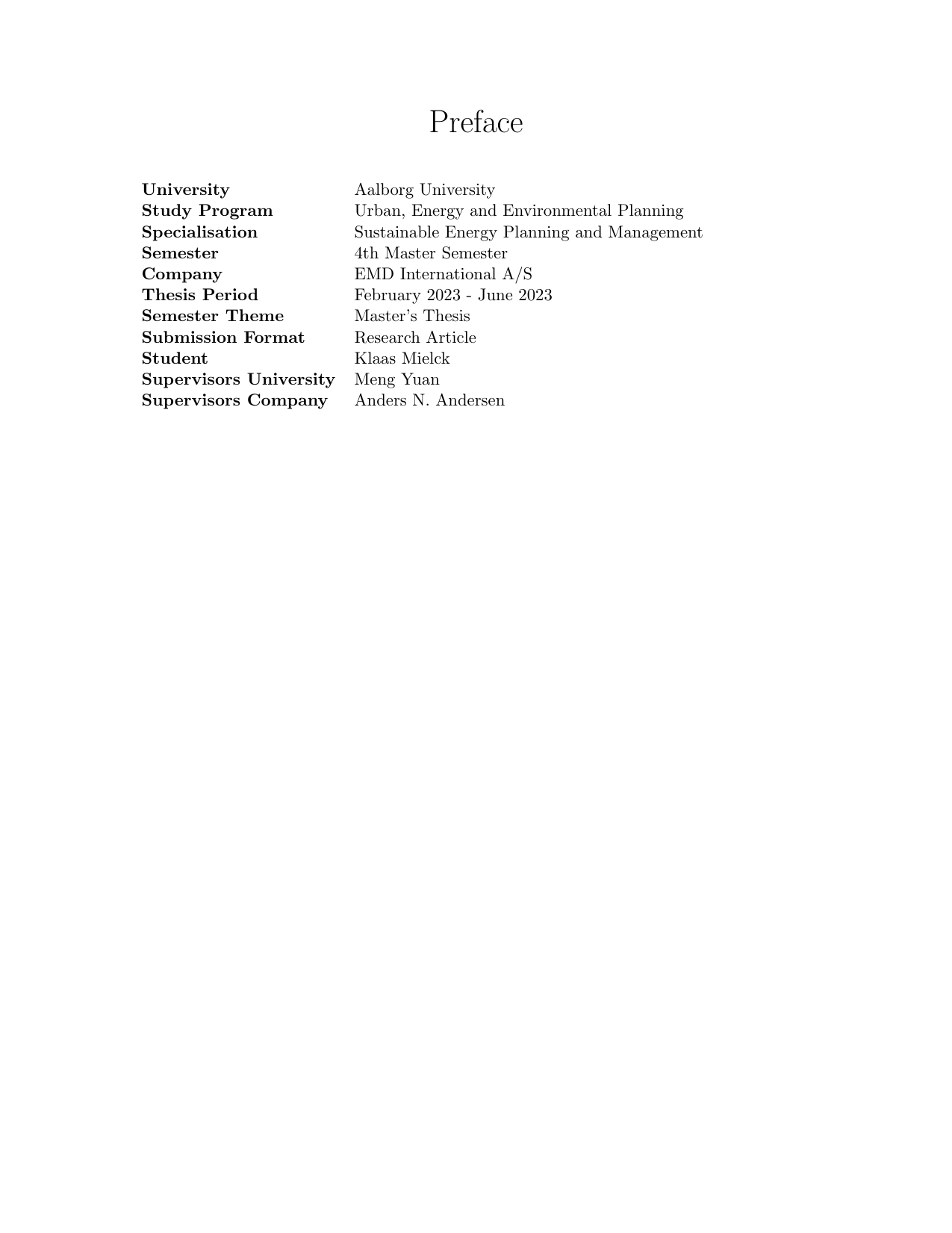
Heat Load Forecasting: Handling Concept Drifts in District Heating Systems
Author
Term
4. Term
Publication year
2023
Submitted on
2023-05-30
Pages
41
Abstract
Heat load forecasting is essential for optimising the operation of district heating systems (DHS). Data-driven models are the state-of-the-art approach for heat load forecasting. However, concept drift may occur over time, e.g., changes in user behaviour due to an energy crisis or district heating grid expansion due to increasing demand, which changes the relationships between the heat load and the influential variables. Such changes can affect the accuracy of forecasting models, which could further negatively impact the optimal operation of DHS. This article fills the research gap by investigating the research questions “How can different learning strategies be applied to data-driven heat load forecasting models to handle concept drift in DHS?”. The special focus is on grid expansions, using a Danish DHS as a case study. First, concept drifts are synthetically inserted through different incremental grid expansion magnitudes. Second, different learning strategies, i.e., offline with retraining and online, were analysed using linear regression to predict hourly heat load values for a forecast horizon of one week. The results indicate that daily retraining and online learning can sufficiently handle concept drift, as they were robust to different magnitudes of concept drift insertion. In contrast, the baseline strategy of offline linear regression without retraining is sensitive to concept drift. However, including observed recent heat load features could enhance the robustness of the baseline strategy. The findings of this study could guide forecast model developers and DHS operators in securing stable heat load forecast performance when DHS change.
Keywords
Documents
